The new Samsung Galaxy Z Fold 6 and Z Flip 6 are here, but you’re not alone if you feel like you’ve seen these devices before. While Samsung has tinkered around the edges mostly for the better, the supposedly cutting-edge foldables formula is familiar if we’re kind and stale if we’re not. If I’m honest, the Galaxy Ring and other wearables are a bit more interesting.
Galaxy AI wheezes new life into the series, but while these features felt novel with the Galaxy S24, we’re quickly approaching the AI saturation point if we haven’t passed it already. Worse, many of the newer AI features Samsung talked about aren’t even available at launch. They’ll arrive in an update at some undisclosed point before the end of 2024 (if all goes according to plan). In a bid to have something interesting to show off, Samsung has desperately resorted to slinging out promises that could run late or may never materialize. That feels like a pretty damning indictment of the whole launch.
We’d seen so much of what was announced before that it’s hard not to feel that foldable phones might already be a dead end. While Samsung has been the poster boy, recent attempts from Motorola, Google, OnePlus, and others have equally failed to move the needle. Not that there aren’t good phones to be had here; both clamshell and booklet foldables on the market today won’t disappoint. But why you should spend so much more money on a phone that doesn’t do much else extra is a question no one has really been able to answer. Just buy the $799 Galaxy S24, which is what most people do. Apple’s decision to sit this trend out is starting to look like an inspired idea rather than a lack of innovation.
Are the Galaxy Z Fold 6 and Flip 6 HOT or NOT?
195 votes
Six generations in, Samsung still can’t sell me a foldable
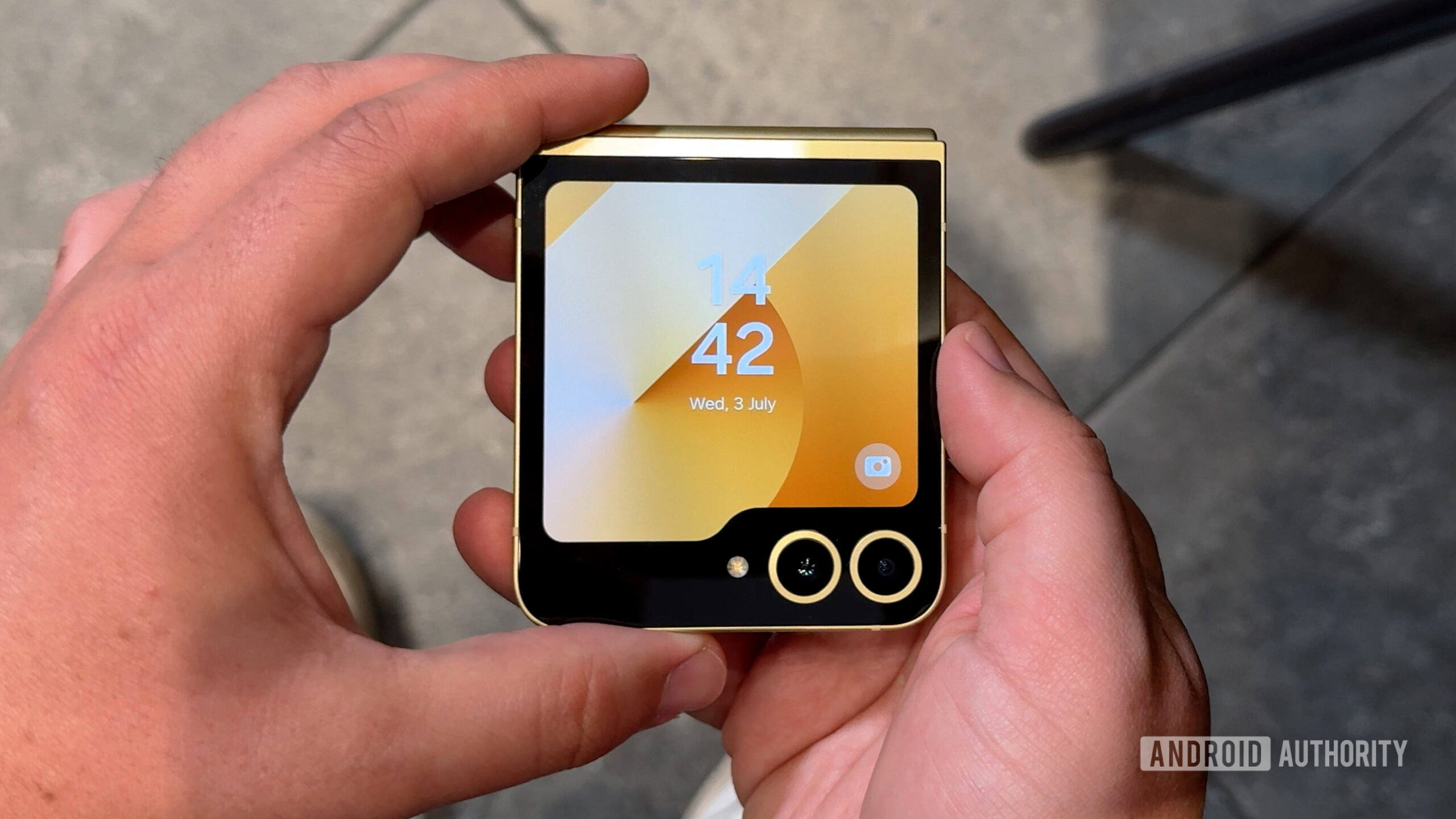
Alex Walker-Todd / Android Authority
Looking back at the announcement, I’m not even sure Samsung knows how to sell the Flip and Fold to new customers. Yes, the Flip remains the trendy option, while the Fold is marketed as a business workhorse, but what’s fundamentally changed with the sixth generation? Well, not a huge amount, leaving Samsung struggling to make a case. One speaker suggested that Samsung’s admittedly impressive AI transcription tools, now located directly in Notes, could be used to keep on top of lecture notes. When I was a student — a few years ago now, I admit — I barely had enough money to keep myself in biros and notepads. $1,899 to spare for a cutting-edge notepad wasn’t even a pipe dream. I don’t think students will be rushing out to splash their loans on the Fold 6, sorry Samsung.
The keynote whipsawed between minor bragging rights like the slimmest foldable Samsung has ever produced (but say nothing of its rivals) and gimmickry like generative AI wallpapers and arty portraits from your selfies. There isn’t enough new hardware on show to captivate the typical Fold enthusiasts, and so many of the Flip’s software features are difficult to get excited about (don’t mention Good Lock and Cover Screen to my colleague, Ryan).
AI is just a sticking plaster for a lack of hardware innovation.
Instead, Samsung leans heavily on its AI tools, like Circle to Search, Sketch to Image, and the growing number of supported languages for Conversation Mode translations. These are all nice features that elevate the Galaxy experience, don’t get me wrong, but you can have them on the cheaper S24 series. The foldable-exclusive merits of these latest models, if there are any, are buried beneath the sleep-inducing rafter of AI features that are quickly becoming industry mainstays anyway. The best the Flip can say for its hardware upgrades is that it has a slightly bigger battery and its main camera now matches the Galaxy S24. Fine, but if you’re serious about photos, grab the S24 for the telephoto lens. And the Fold, well, it’s a strictly worse Ultra in the camera, IP rating, and S Pen stowing departments, but Samsung has made strides to close the display gap (yay!) and make the front panel wider (also, yay!).
I suppose my point is that no matter where you look, people like me still shrug our shoulders, waiting for that killer foldable app that will make us drop our glass slabs.
Apple can just wait
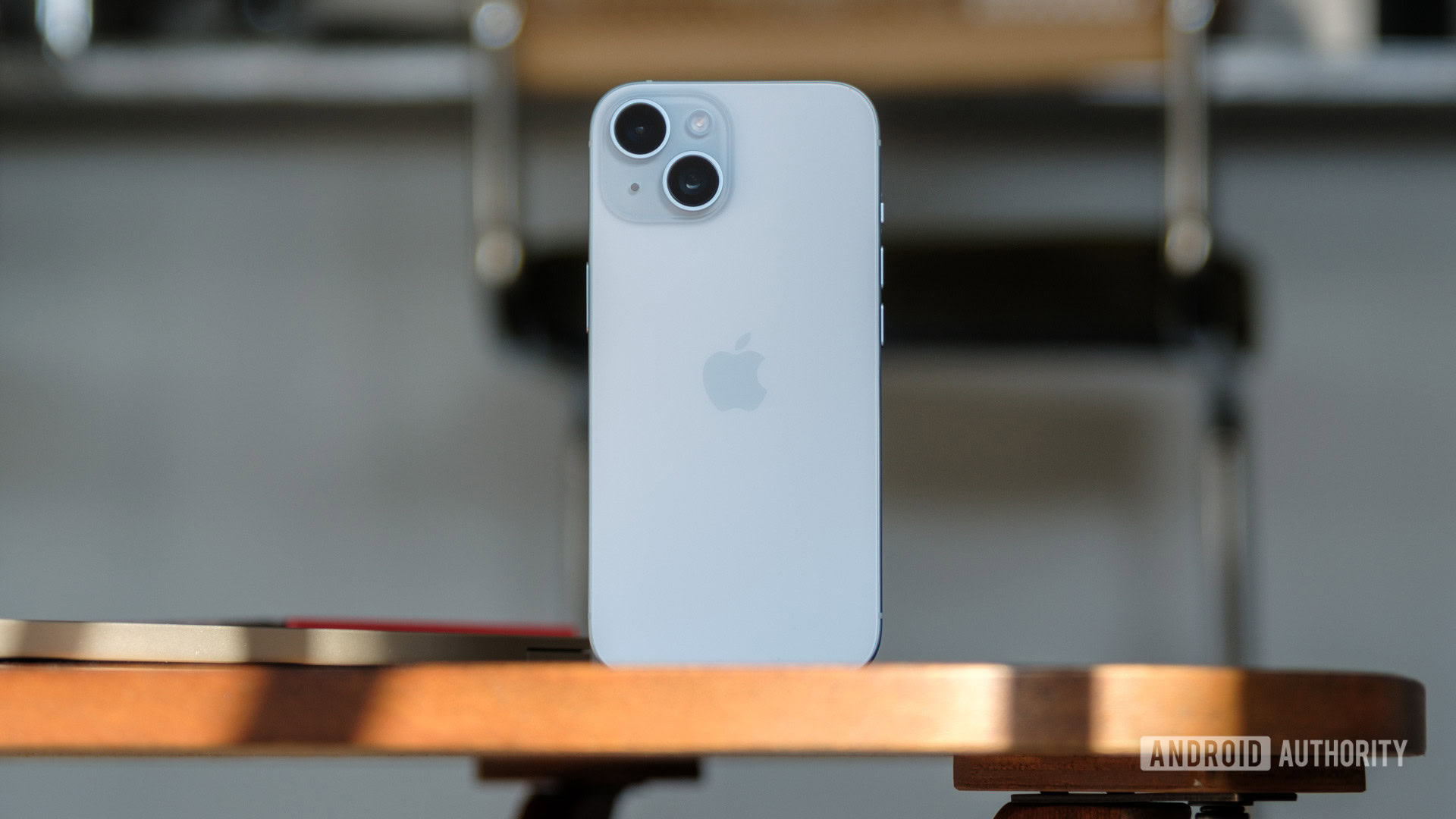
Ryan Haines / Android Authority
To be fair to Samsung, it’s not alone in struggling to make its foldables stand out. You have to contend with dubious software on the OnePlus Open, iffy apps and an old chip with the Pixel Fold, and the latest triple folding screen idea from HUAWEI won’t be hitting the US, again. With prices starting at $1,699 for these high-flying models, I’m still a long way from convincing myself to spend more than my rent on a phone that comes with a list of caveats.
But even price doesn’t seem to be the biggest obstacle. The $699 Motorola Razr (2024) is a plucky option that costs slightly less than an entry-level flagship, but again you trade down performance, battery life, and long-term updates. Still, this is probably the closest we’ve come to a mainstream foldable recommendation, but there’s always a compromise or two that makes sticking to a traditional phone the safer bet. My wife loves her OPPO clamshell, for instance, even though she often complains that pictures taken on my Pixel 8 Pro look much better.
I don’t think any of us thought we’d still be discussing the plastic vs glass, dust resistance, camera, battery life, and various other trade-offs over six years since the Fold made its debut. Historically, it felt like these sorts of issues iron themselves out over time, and while early build and display problems are now solved, the overall picture is still one of compromise.
Apple isn't in a rush; it can just sit and watch everyone else figure out what works and what doesn't.
Perhaps all this is why Apple has refused to wade into the bog. If Cupertino were to release a foldable iPhone today, what would the sale pitch even be (besides “here’s how you can spend even more money on an iPhone)? I can’t for the life of me think how iOS would be improved with more screen real estate; it’s only just got movable icons, for heaven’s sake! The iPhone series and sales are doing just fine without a foldable, which begs the question of why everyone else is so persistent with the form factor.
Maybe Apple is secretly perfecting a foldable version of iOS or waiting for bendy display technology to be absolutely crease-free before power-bombing the party. Maybe it doesn’t care at all and will never dabble in foldables. But for now, it’s happily munching popcorn on the sidelines, watching its rivals fight for the rope that isn’t even attached to the tree.

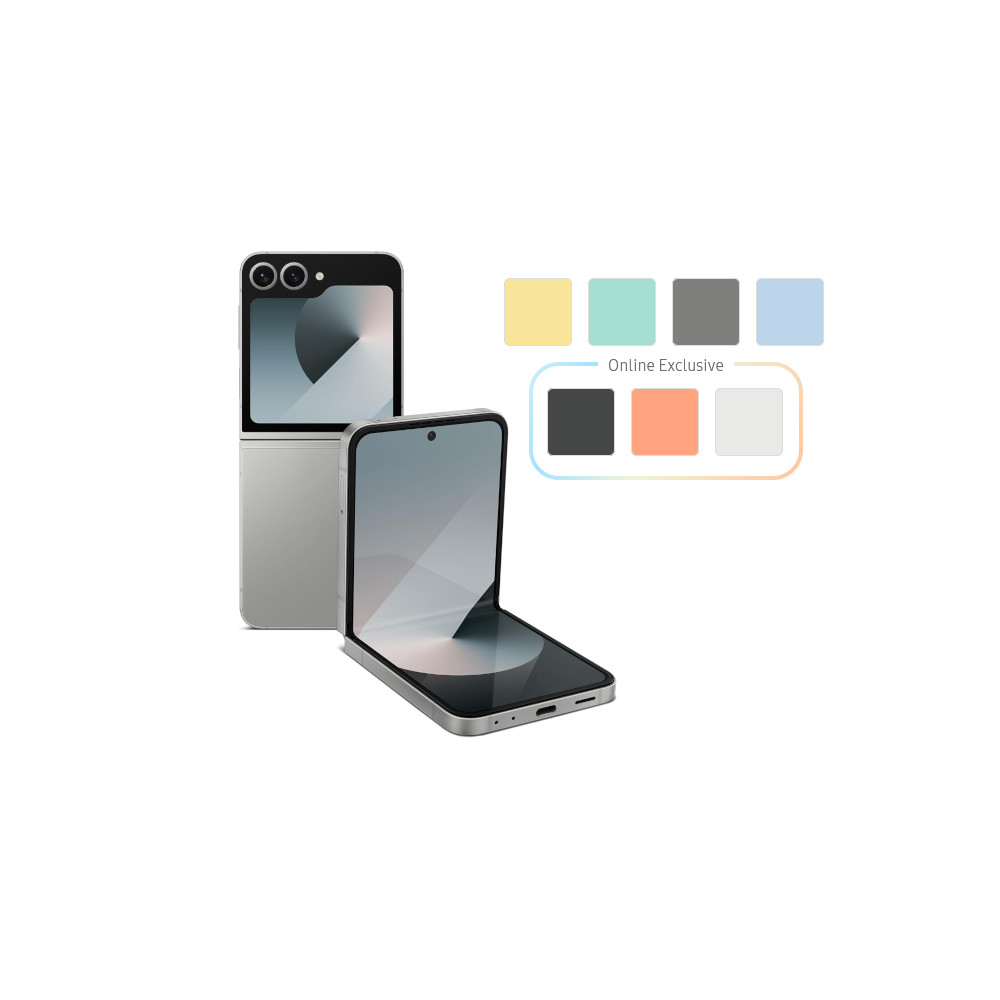
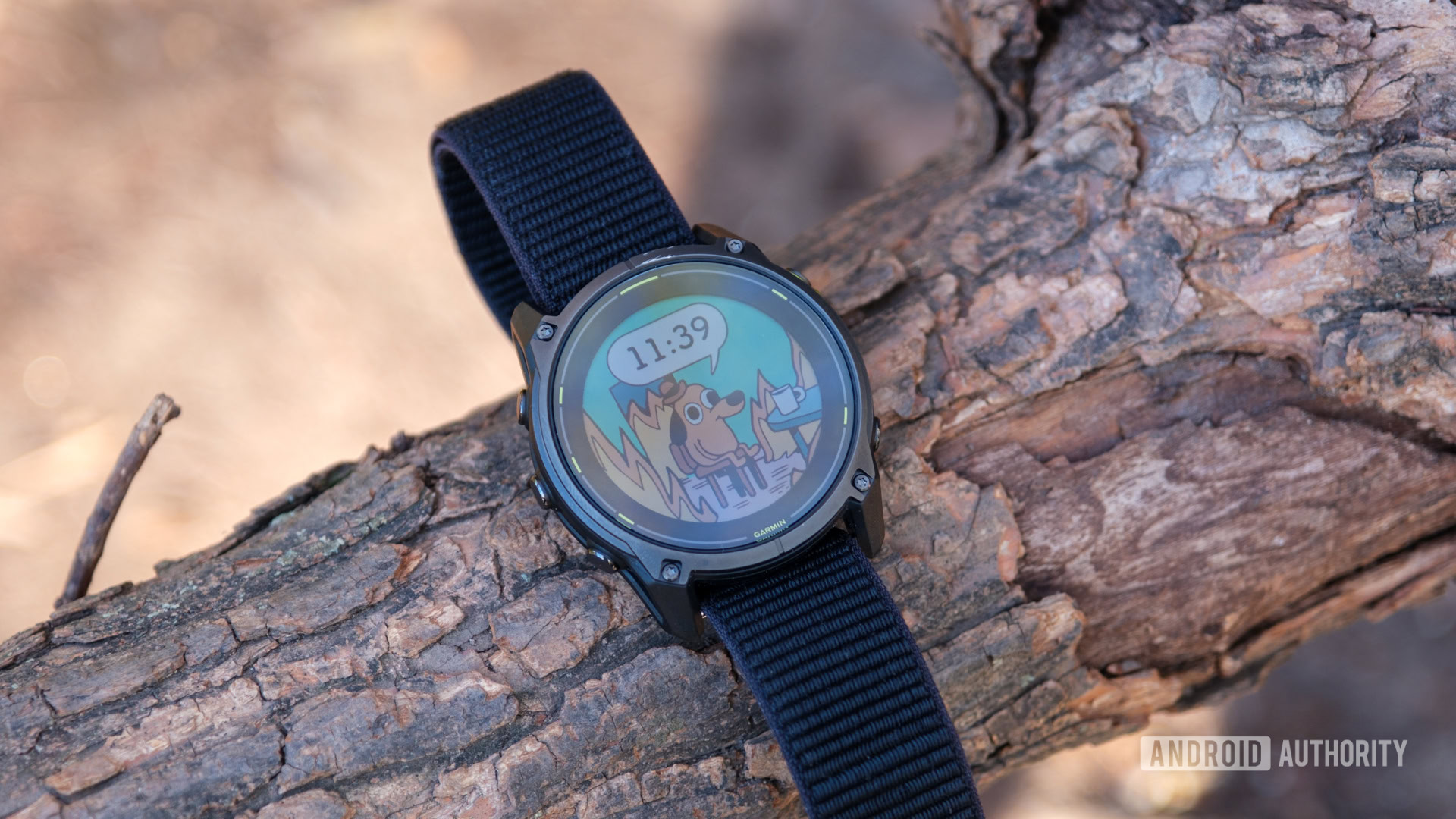
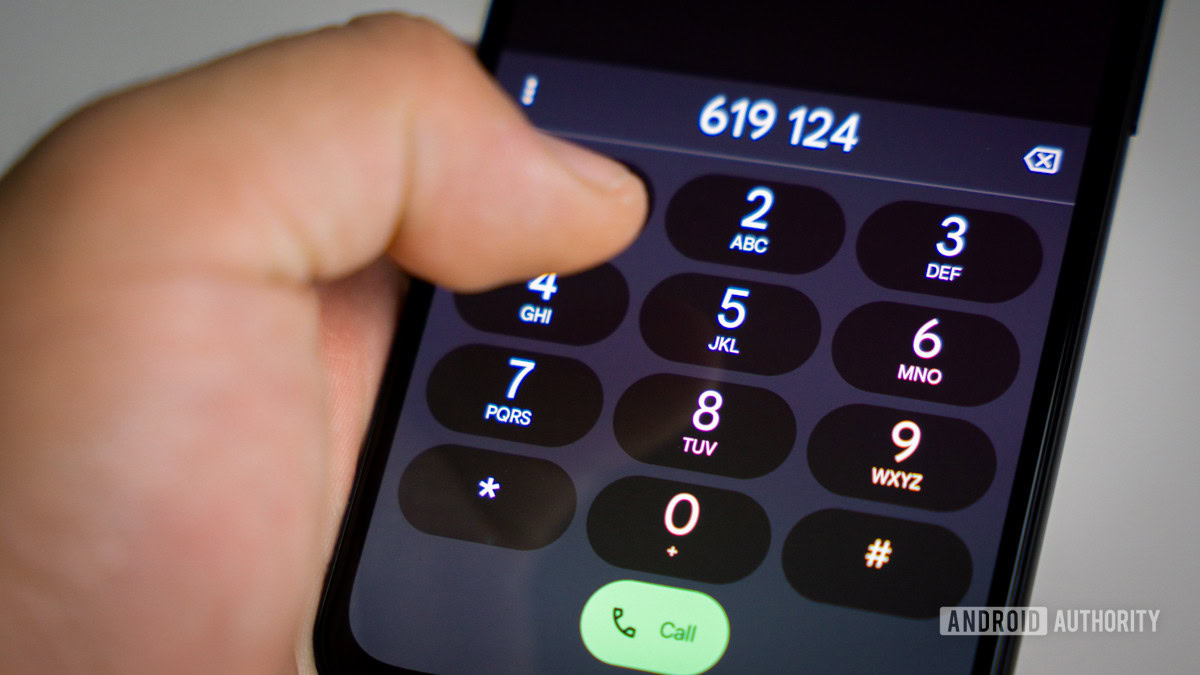




 English (US) ·
English (US) ·